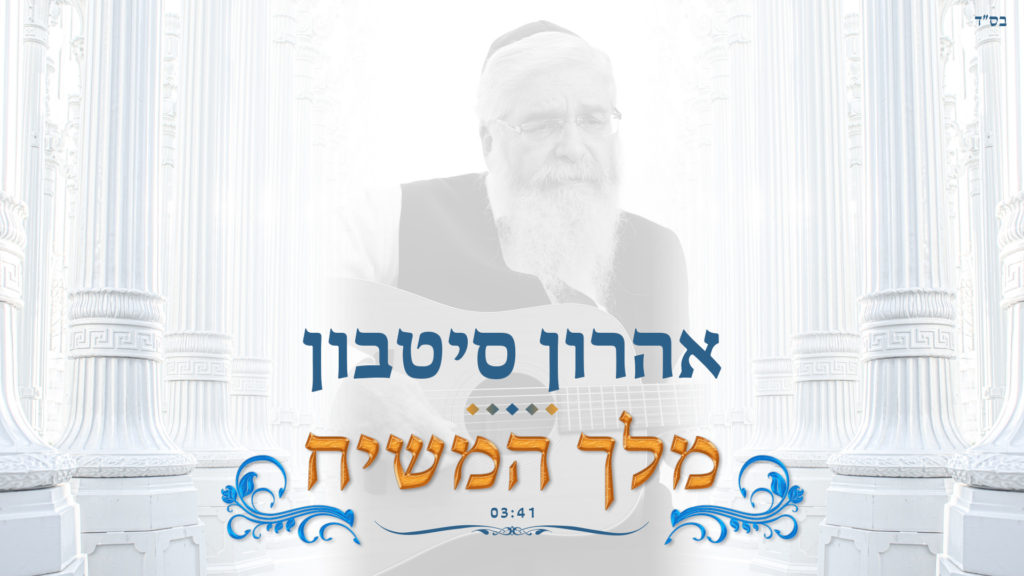They were involved in the first ban. And they later admitted they had not read the second edition.
You can hear all about it in the following Torah In Motion interview with Rabbi Kamenetsky, approx. minute 39:40 through 50:55.
MELECH AND MILKAH
You all remember that one of the daughters of Tzelofchod was named Milkah. Milkah was an old Hebrew name, from way back. Now it doesn’t say Malkah, which would mean Queen or Princess; it says Milkah. What does milkah mean? When you turn to Aramis (see Daniel 4:24) you see that it means ‘counsel,’ wisdom. Like we find in the gemara many times: Nimlach – he thought it over. Nimlach is translated as nisya’eitz, to take counsel.
(To Daniel we can also add Iyov 38:2 מי זה מחשיך עצה במלין בלי דעת with Pseudo-Yonasan idem: מן הוא דין כמחשיך מלכא במליא מדלית מנדעא.)
So the word melech means “the One who has eitzah, wisdom.” Not merely that He has the power to rule the world, but He knows how to rule the world. Hashem’s wisdom, the chochm as Hashem, is the most outstanding form of His malchus. הַשֵּׁם בְּחָכְמָה יָסַד אָרֶץ – Hashem founded the world with chochma, with wisdom (Mishlei 3:19). Now, of course He founded it with power, no question about that; the creation of the universe from nothing is powerful, absolutely. But chochma is the real explanation of the whole briyah. כּוֹנֵן שָׁמַיִם בִּתְבוּנָה – He established the heavens with understanding. Every detail in the briyah is filled with infinite wisdom, and therefore wisdom is the hallmark of Creation, the defining trait of the briyah.
And so, when we say ‘Hashem Melech,’ it means much much more – infinitely more – than the word “king” as used by the umos haolam. Our King is not one who gains power but rather one who deserves power because of His ability to rule with wisdom. The Creator is indeed All-Powerful, but His endless wisdom in the management of the world is the reason for His title of Hashem Melech, the King of the World.
Actually, no.
Kings are called “Melech” because the position itself is acquired via and due to prior wisdom. Historically speaking, the wise judge is made a king. And the king must continue judging wisely to hold his seat, as this is his chief claim to legitimacy (so Avshalom tried slandering his father, David, in this area). But the metaphor stems from human affairs.
We have written in similar fashion about Jews also being a nation, this being no contradiction to greatness, Hebrew also being a language, in spite of its holiness, Israel also being the Jewish homeland, and so on contra the commonly drawn false dichotomies.
Tehillim 91:10:
אמרו בגוים השם מלך אף תכון תבל בל תמוט ידין עמים במישרים.
Yeshaya 32:1:
“הן לצדק ימלך מלך…”
Rashi Mishlei 20:8:
מלך יושב על כסא דין, יש לפרשו כנגד הקב”ה ויש לפרשו כנגד שופטי אמת.
Tehillim 72:1-4:
לשלמה אלהים משפטיך למלך תן וצדקתך לבן מלך. ידין עמך בצדק וענייך במשפט. ישאו הרים שלום לעם וגבעות בצדקה. ישפט עניי עם יושיע לבני אביון וידכא עושק.
Likewise, judges are referred to as kings.
Mishlei 16:10-12:
קסם על שפתי מלך במשפט לא ימעל פיו. פלס ומאזני משפט לידוד מעשהו כל אבני כיס. תועבת מלכים עשות רשע כי בצדקה יכון כסא.
Rashi on Mishlei 16:10:
קסם על שפתי מלך, על שפתי חכם היושב בדין.
Rashi 16:12:
תועבת מלכים עשות רשע, דבר תעוב הוא לדיינין ואין הגון להם לעשות רשע.
There is also the incentive structure, as we have written in the past:
It’s not that the king is doing this Lishmah, rather כי בצדקה יכון כסא. Besides, they often became kings because of a prior reputation for being an effective judge. And they now have real power, unlike when they were just an arbitrator, tempered by the fact they take a percentage of the gross national prosperity, and regimes require the consent of the governed, especially personal regimes.
אחרי שכבש את במת היכל מנורה עם שירו החדש “מלך המשיח“, בביצוע ראשוני מיוחד ומרגש, כשהוא מלווה בילדיו ונכדיו. במסגרת כנס נשות חב”ד הארצי. ובעקבות התלהבות קהל האלפים שגדש את ההיכל, ושובל הפידבקים המדהימים שהלך ונמשך הרבה אחרי שכבו האורות האחרונים שבהיכל. אהרון סיטבון לקח את-זה צעד אחד קדימה, ומשיק סינגל חדש.

Reproduced with permission.
But Rabbi Elyashiv didn’t consult with his victim the second time, either. His ostensible excuse was that the witnesses had this time assured him that they had each read the book themselves and that neither of them was ever involved with the original ban. These individuals were Rabbi Don Segal (famous Israeli mashgiach) and Rabbi Yosef Rosenblum (dean of Brooklyn, Chassidic “Sha’arei Yosher” yeshiva) — not to be confused with Jonathan Rosenblum.
Except again this was all a lie (Surprise!).
They were involved in the first ban. And they later admitted they had not read the second edition.
You can hear all about it in the following Torah In Motion interview with Rabbi Kamenetsky, approx. minute 39:40 through 50:55.
(You must create an account to hear the full-length original.)
שמעתי מכמה אנשים שהחפץ חיים מתחלה היה בעל לשון הרע, חלילה, ושכ”כ הרב יצחק הוטנר זצ”ל. ולא היא.
ז”ל פחד יצחק – אגרות ומכתבים קכ”ח:
רעה חולה היא אצלנו שכאשר מתעסקים אנו אנו בצדדי השלימות של גדולינו, הננו מטפלים בסיכום האחרון של מעלתם. מספרים אנו על דרכי השלימות שלהם, בשעה שאנחנו מדלגים על המאבק הפנימי שהתחולל בנפשם… הכל משוחחים, מתפעלים ומרימים על נס את טהרת הלשון של בעל החפץ-חיים זצ”ל, אבל מי יודע מן כל המלחמות, המאבקים, המכשולים, הנפילות, והנסיגות לאחור שמצא החפץ-חיים בדרך המלחמה שלו עם יצרו הרע, משל אחד מני אלף.
ע”כ.
חשוב שלא להסתיר חסרונות בצדיקים כשיש תועלת, אך גם אין להוציא שם רע על המתים!